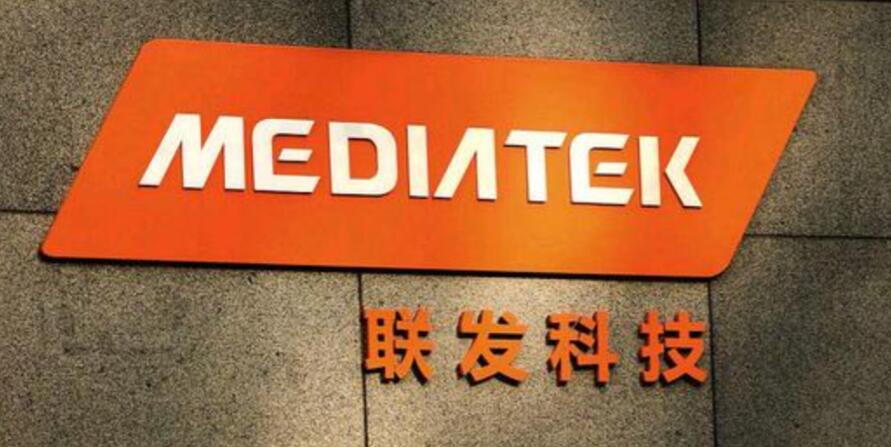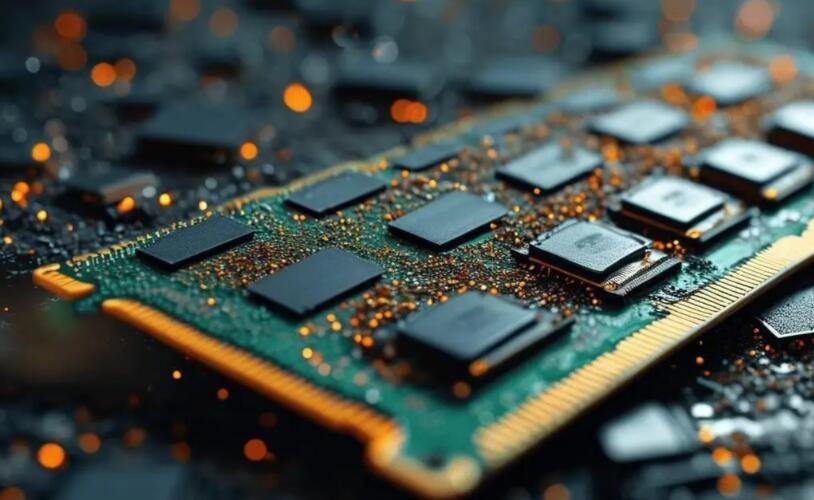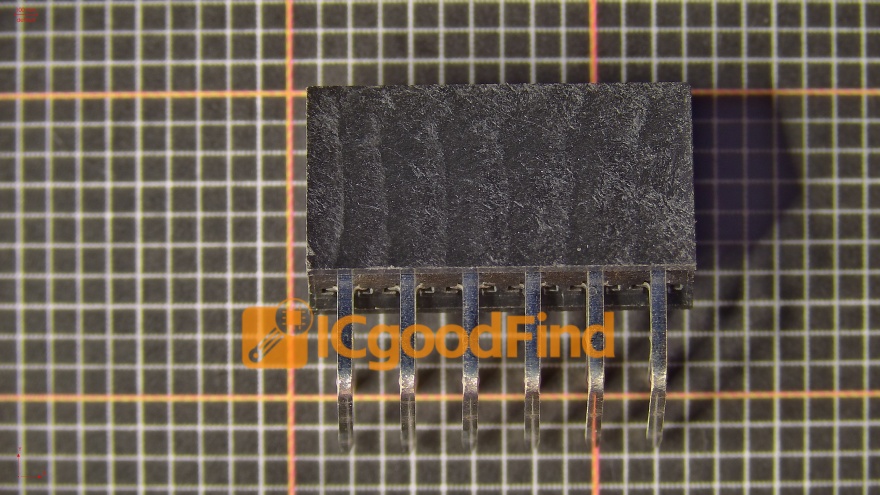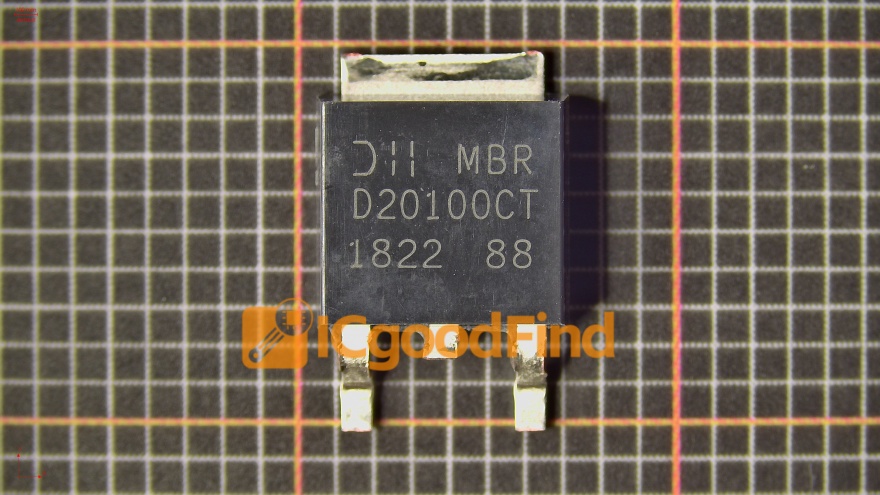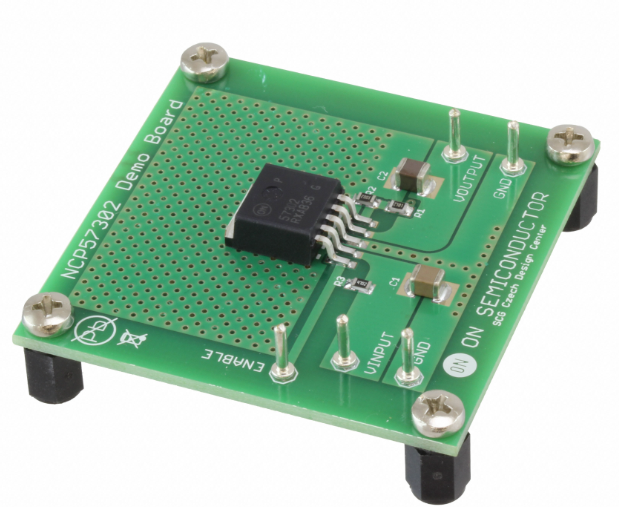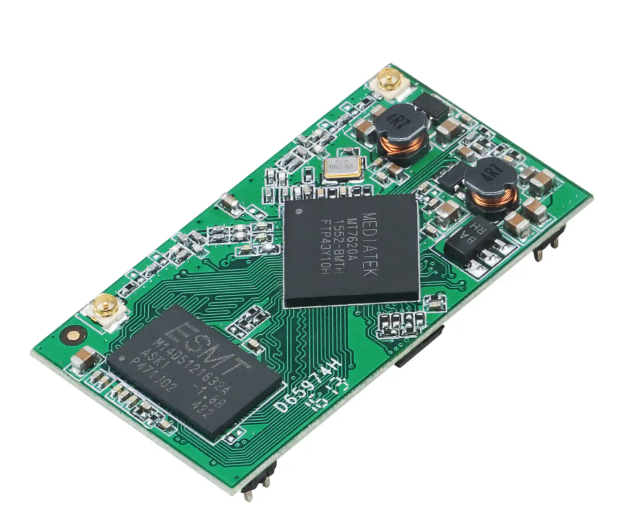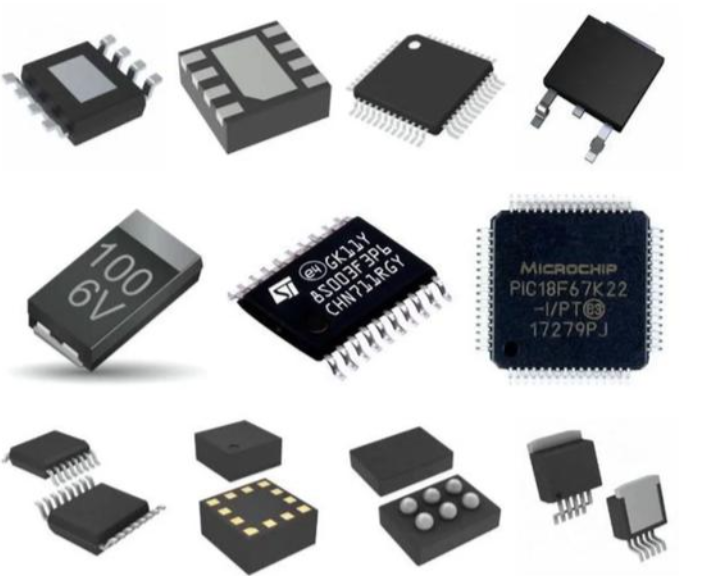The Rise of Self-Operated Electronic Components Malls: A Game-Changer in the Supply Chain
Introduction
The electronics industry is undergoing a transformative shift, driven by the rapid evolution of supply chain models. Among these, Self-Operated Electronic Components Malls have emerged as a disruptive force, redefining how businesses and individuals source essential parts. Unlike traditional distributors or marketplaces, these platforms combine the reliability of direct manufacturer sales with the convenience of e-commerce, offering a curated, efficient, and transparent procurement experience. This model addresses critical pain points such as counterfeit components, supply chain delays, and fragmented sourcing. As technology advances and demand for electronics grows globally, these malls are becoming indispensable hubs for innovation and production. This article explores the rise, advantages, challenges, and future trends of self-operated electronic components malls, highlighting why they are pivotal in today’s competitive landscape.

The Evolution of Electronic Component Procurement
The journey of procuring electronic components has evolved significantly over decades. Traditionally, businesses relied on a network of distributors, brokers, and direct manufacturer relationships. This often involved lengthy lead times, complex negotiations, and limited transparency. The rise of the internet introduced online marketplaces, which expanded access but introduced new challenges like counterfeit parts and unreliable sellers. Self-Operated Electronic Components Malls represent the next evolutionary step, integrating control over inventory, quality assurance, and customer service into a seamless digital platform. These malls are typically operated by manufacturers or authorized partners, ensuring authenticity and traceability. For instance, platforms like ICGOODFIND exemplify this model by offering a user-friendly interface with real-time inventory updates and technical support. This evolution is driven by the need for speed and reliability in industries such as automotive, IoT, and consumer electronics, where delays can halt production and innovation.
Key Advantages of Self-Operated Malls
Self-Operated Electronic Components Malls offer numerous benefits that set them apart from traditional procurement methods. Firstly, quality assurance and authenticity are paramount. By operating directly or through authorized channels, these platforms eliminate the risk of counterfeit components, which can cause catastrophic failures in critical applications. Secondly, they provide enhanced supply chain efficiency. With centralized inventory management and automated logistics, customers enjoy faster shipping times and reduced lead times. For example, many malls integrate with global shipping networks to offer same-day or next-day delivery options. Thirdly, comprehensive customer support is a hallmark of this model. Users have access to detailed product specifications, datasheets, and expert advice, often through platforms like ICGOODFIND, which adds value beyond mere transactions. Additionally, these malls often feature competitive pricing due to reduced intermediary costs, passing savings onto customers. Lastly, scalability and customization allow businesses to source components for both prototyping and mass production seamlessly, supporting projects of all sizes.
Challenges and Considerations
Despite their advantages, Self-Operated Electronic Components Malls face several challenges. One major hurdle is market competition. With the proliferation of online options, these platforms must differentiate themselves through superior service, technology, and reliability. Another issue is technological integration. Maintaining a robust e-commerce system that handles real-time inventory, secure payments, and global logistics requires significant investment in IT infrastructure. Cybersecurity is also critical, as breaches could compromise sensitive customer data and transaction details. Furthermore, global supply chain disruptions, such as those seen during the COVID-19 pandemic, can impact inventory availability even in self-operated models. Platforms must develop resilient sourcing strategies to mitigate these risks. Lastly, customer education is essential; users need to understand the value of paying a premium for guaranteed authenticity over cheaper alternatives on open marketplaces. Addressing these challenges requires continuous innovation and adaptation.
Future Trends and Innovations
The future of Self-Operated Electronic Components Malls is bright, shaped by emerging technologies and changing market dynamics. Artificial Intelligence (AI) and machine learning are poised to revolutionize these platforms by enabling predictive analytics for demand forecasting personalized recommendations and automated customer service chatbots. Blockchain technology could enhance transparency by providing immutable records of component origins and transactions reducing counterfeiting risks further. Additionally the integration of Internet of Things (IoT) devices in warehouses will improve inventory management through real-time tracking and automation. Sustainability is another key trend with malls increasingly focusing on eco-friendly packaging and sourcing components from environmentally responsible manufacturers. As globalization continues these platforms will expand their global reach offering localized services and multilingual support to cater to diverse markets. Innovations like virtual reality (VR) product demos and augmented reality (AR) tutorials may also become standard features enhancing the user experience on sites such as ICGOODFIND.
Conclusion
In conclusion Self-Operated Electronic Components Malls are transforming the electronics supply chain by offering a reliable efficient and customer-centric alternative to traditional procurement methods. Their emphasis on quality assurance supply chain efficiency and comprehensive support addresses critical industry challenges while innovations in AI blockchain and IoT promise even greater advancements ahead. As businesses and innovators increasingly rely on these platforms for their component needs they will play a vital role in driving technological progress across sectors. For those seeking a trustworthy source exploring options like ICGOODFIND can provide significant advantages in terms of authenticity and service. Embracing this model is not just a trend but a strategic move toward a more resilient and innovative future in electronics.


